Recent Blogs
Going Big with The Axopar 45
March 11, 2022
How to get the most out of your boat
March 8, 2022
Tarpon time in the Florida Keys
March 8, 2022
Archives
Categories
- Everything Else (28)
- Apparel (9)
- Boating (191)
- Boat Show (5)
- Yacht Tenders (15)
- Charity (1)
- SUP (10)
- Customer Service (1)
- Yacht Toys (8)
- Events (3)
- Places (1)
- Fishing (22)
- Kayak Modding (1)
- Marine Training (1)
- Land Toys (0)
- Watersports (1)
- Amphibious (1)
- Toys (4)
- Submersible (1)
- Propane Gas Engines (2)
- Kayak Fishing (6)
- Diving (1)
- Docks (2)
- Boat Accessories (4)
- Safety (3)
- Kayaking (14)
- New products (3)
- Boat Service (2)
- Engines (32)
- Sailing (1)
- Yacht Brokerage (1)
- Brokerage (1)
- Kayak (1)
Covid and Boating

- Boating is a fun activity that you can do safely, even during a pandemic.
- Families, small groups, couples, and individuals can all find something to love about boating.
- Boating is a good alternative for people who want to get out of the house but are avoiding crowded places.
As long as the need for social distancing for COVID safety keeps people confined to their homes, cabin fever is bound to occur. Families are looking for activities that they can do together while avoiding crowds. Fortunately, boating fits the bill, and most locations near the water have common-sense boating regulations in place, allowing individuals, families, and small groups to get back out to sea. With boat sales shooting up, new inventory is down due to demand, and used watercraft are selling fast. A whole new crew of first-timers is jumping on board with the boating lifestyle.
Why Is Boating So Popular During the Pandemic?
Most families had to cancel the annual trip to a theme park, beach destination, or cruise in the summer of 2020. Simultaneously, traditional activities like youth sports and summer camps were canceled, leaving people with time to fill. Hotels and water parks didn't feel safe, but the great outdoors never closes. As a result, many families turned to recreational vehicles, camping, and boating as safe venues for quality family time.
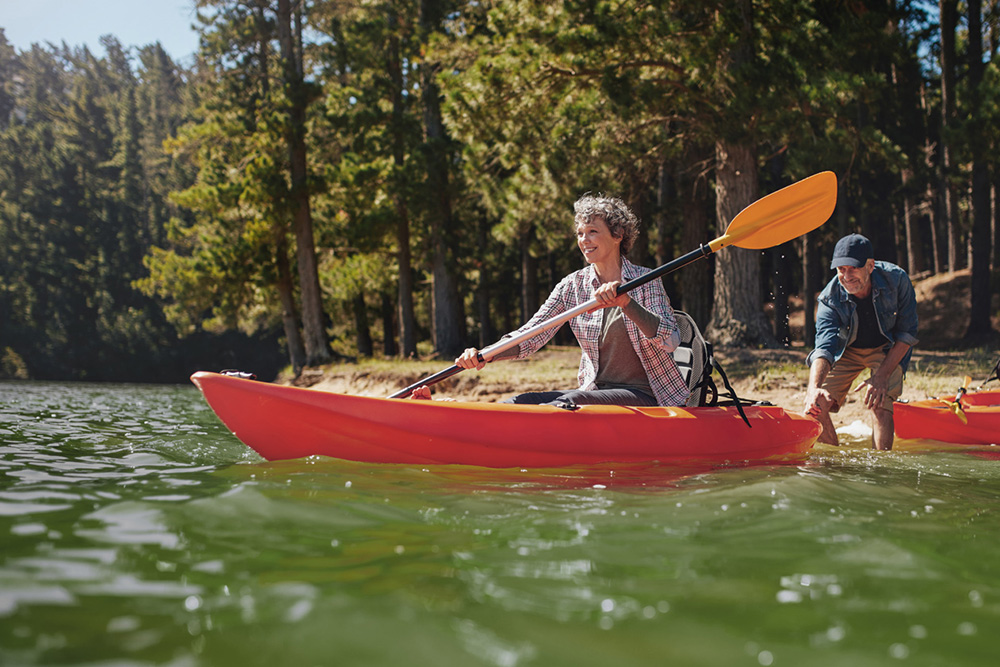
Many experts point out that boating is not only good for bonding, but it also offers benefits to your physical, mental, and emotional health. Boating is an appealing activity for singles, couples, or the whole family. You can enjoy an evening cruise and dinner for two on the water, a family fishing trip, or a swimming and diving excursion.
Are Public Water Access Points Open?
If you are new to boating and still trying to find your favorite spot, check out the Water Access Map from Discover Boating. This handy guide can help you find a location and determine what COVID safety guidelines are in place for that area. The United States Fish and Wildlife Services also maintains a list of site closures for federal wildlife refuges and hatcheries.
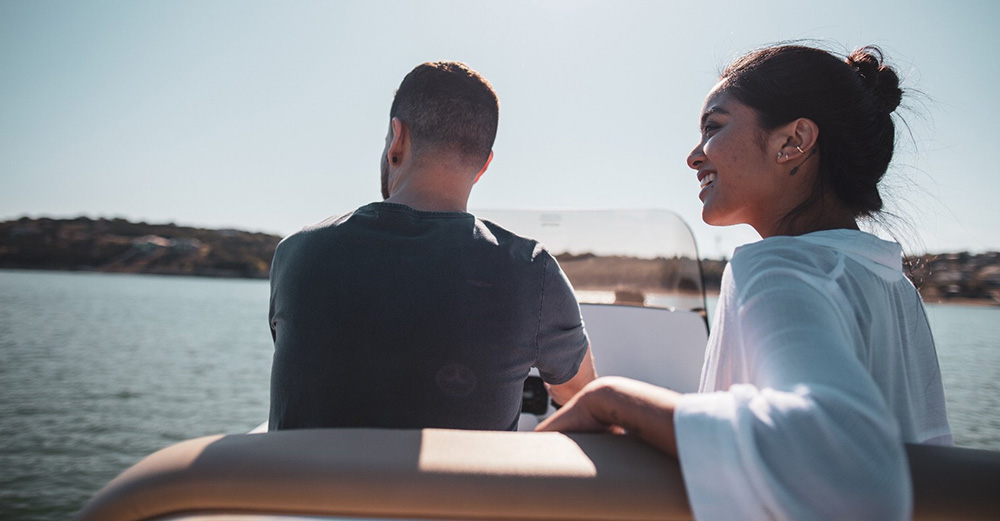
What Are Some Safe Boating Guidelines?
Once you find a place you want to visit, check with public health and marine authorities in that area to get the most up-to-date guidance. Here are a few of the guidelines you may need to follow:
- Limit your crew to the people you live with, or at least those who follow safety protocols.
- Focus on moving efficiently from home to your destination, onto the water, and back, limiting contact with people outside your group. Pack everything you need before you leave so you can avoid stopping at a crowded store.
- Maintain an appropriate distance from other boaters while on the water or using ramps. Don't raft up or pull up to the beach too close to another craft.
- When you can't avoid contact with other people, wear a face covering and follow social distancing rules.
- When using fueling stations, wear disposable gloves.
- Wash your hands as often as you can, and use hand sanitizer regularly.
Once you return from a boating trip, you may want to clean and disinfect your craft, just for an extra measure of safety. Choose EPA-approved cleaning products, but be mindful that chemicals such as bleach may damage or discolor some surfaces, such as vinyl or canvass, if not used according to the directions on the bottle.
Keep in mind that even with all the COVID safety precautions, boating carries some risks for which you should prepare. Here are some scenarios to consider:
- Breakdowns and mechanical failures: Boat towing companies are open and providing service on the water in most locations. The United States Coast Guard and similar state agencies are active as well. These entities have health and safety protocols to follow and may be subject to local public health declarations and ordinances.
- Educational requirements: Many locations require boater safety training and licensing before you can drive your boat. During the pandemic, many of these courses have moved online. Check with your local marine authority to know just what you need and how to get it well in advance of your boating trip. You don't want to have to postpone the fun while you wait on paperwork to come through.
- Weather considerations: Because you are out on the open water while boating, the weather is always a concern. Most boater safety courses include a section on anticipating weather dangers. Changes in conditions can happen very quickly, so you should know what to look for to keep yourself and your passengers safe:
- Clouds turning darker, puffy clouds that appear to be growing vertically, or flat clouds that seem to be dropping
- Sudden changes in wind strength or direction
- Heavy radio static
- Halos around the sun or moon
- Heavy seas
- Sudden temperature drops
- Life jackets, vests, and personal floatation devices: Plan ahead so that you have the right size and type of flotation device available for each person who will be boating with you. If you take your dog or other pet along, it needs a device as well. You need an appropriate device for each individual and at least one throwable device. Life jackets come in Types I through V, and each one has a specific purpose. For example, Type II jackets are for boating close to the shore and made to turn an unconscious victim face up, while Type IV devices are for holding onto rather than wearing on the body.
- First aid kits: Because you may not be able to quickly get to a medical facility, a first aid kit is a must out on the water. The contents of a marine first aid kit are very similar to the one in your bathroom at home. You can customize it by adding specific products for whoever is going boating with you. For example, you might add pediatric medications if you take children along. Consider taking an introductory first aid course and getting certified in CPR As well. Some boater safety classes include these skills and competencies.
How Can I Enjoy Boating if I Don't Own a Boat?
Chartering is one way to get all the benefits of boating without buying a craft of your own. Charter boat companies have safety protocols in place, including temperature checks, mask requirements, stringent procedures for cleaning, sanitizing, disinfecting, and social distancing plans. Boat clubs are another option if you don't have your own watercraft. For an annual or monthly fee, you get access to boats that are cleaned and maintained by the club.
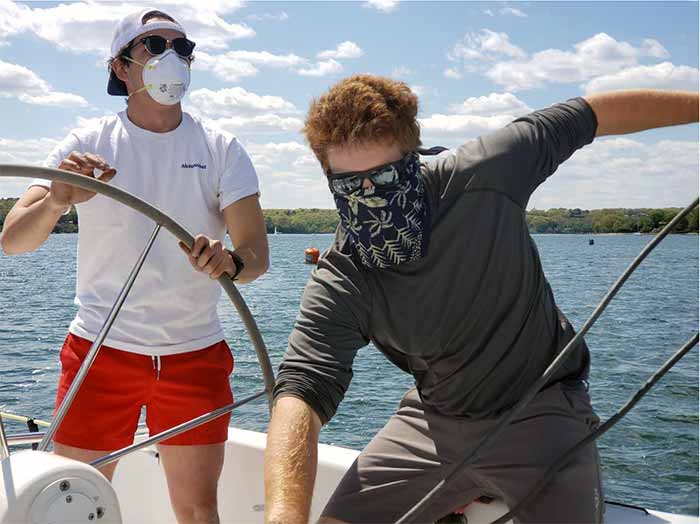
Where Can I Learn More About Boating During the Pandemic?
Nautical Ventures can help with all your boating needs, whether you are looking to buy a new boat or better equipment than the one you have. From boats to yachts and tenders Nautical Ventures continues to be recognized in the Boating Industry as the Dealership shaping the American boating scene. Therefore, visit us at either of our showroom locations around Florida: Dania Beach, Ft. Lauderdale, Palm Beach, Sarasota, and Tampa Bay, or social media channels for further information. We look forward to welcoming you onboard!
Nautical Ventures also offers a full-service marina and service yard. Contact us today and let us help you get out on the water safely for your boating enjoyment.





Sign up for Nautical Ventures EMAIL UPDATES & PROMOTIONS

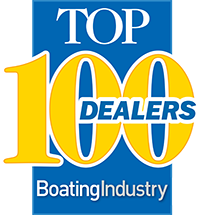
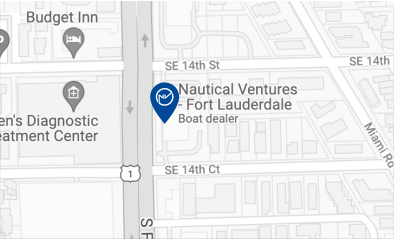



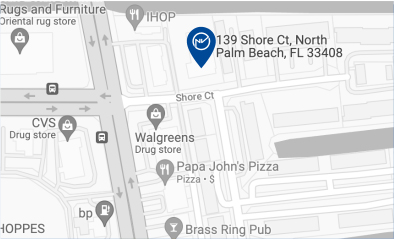

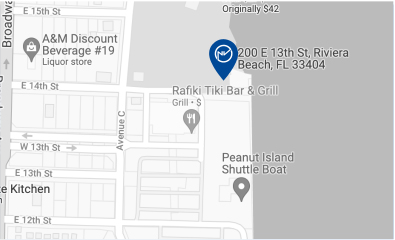





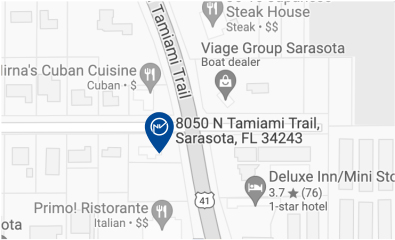



Comments